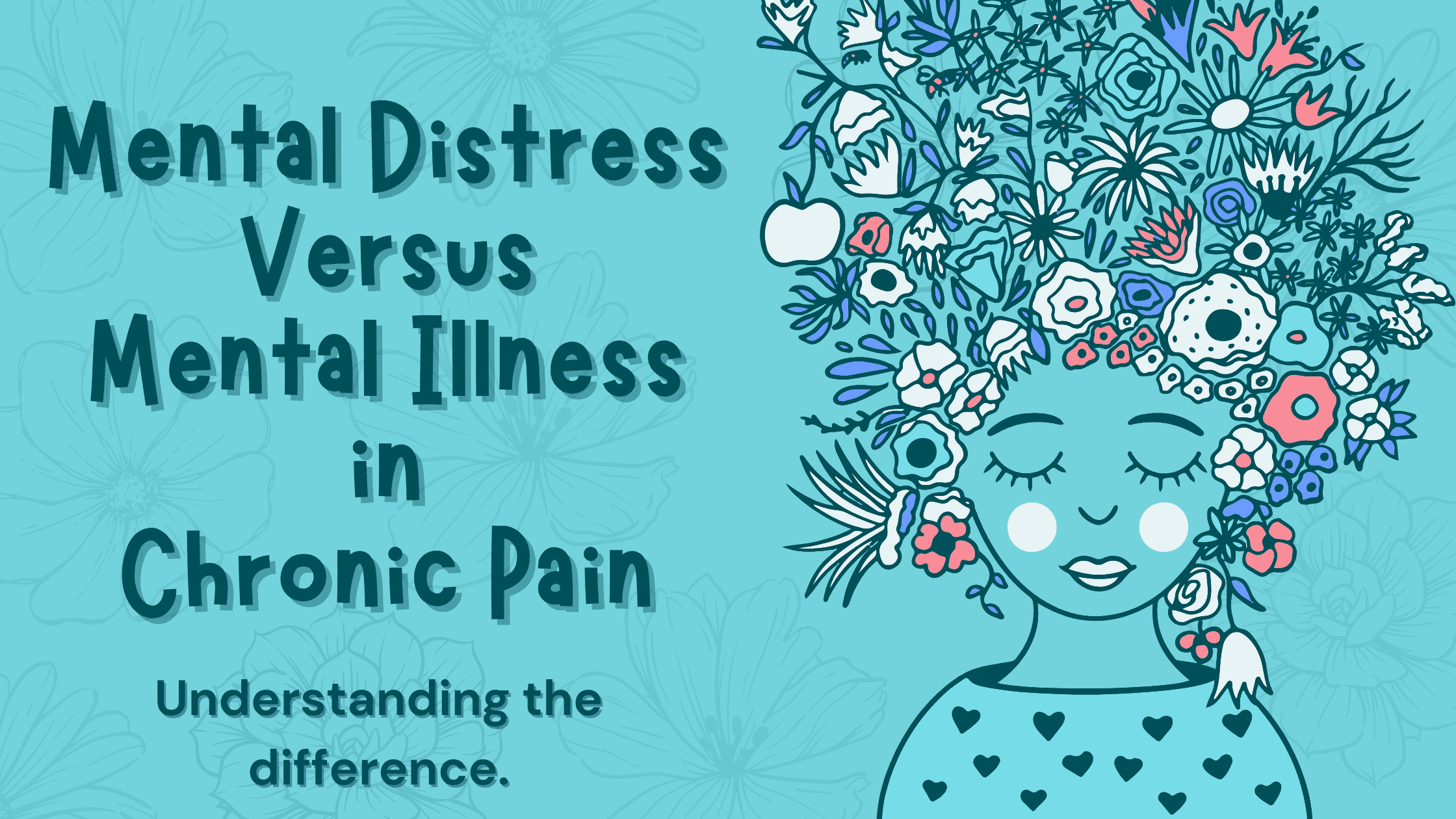|
Traditional diets are patterns of nutrition and eating inspired by the rich culture and culinary histories of cuisines from around the globe. Emerging research affirms that many of the most well-cherished traditional diets have something to teach us about health and nutrition. While research still debates the evidence of one eating pattern versus another, recommendations are moving towards a whole food-based approach to healthy eating, and one that takes into consideration traditional diets.
At the end of 2020 another update to the Dietary Guidelines for Americans (DGA) will be released. The complete 2020-2025 guidelines will be published sometime in December of 2020, but for now the scientific report of the Dietary Guidelines Advisory Committee (DGAC), the committee’s official recommendations to the federal government is available and provides some preliminary information.
The DGAC report is based on a review of new evidence in key areas. Unlike the final guidelines, which are influenced by food politics, corporations, and special interest groups, the scientific report is based on the latest nutrition science. A sneak peek tells us that the Dietary Guidelines for Americans will continue to be limited to just three dietary patterns: the Mediterranean Diet, a Healthy Vegetarian approach, and the often hotly debatable Healthy U.S. Style of eating.
These dietary patterns are useful however there is a MAJOR problem.
None of the above dietary patterns reflect the rich cultural heritage of many Americans.
If you are Black, brown or Indigenous and want to improve your health or reduce your chronic disease risk while also eating foods and flavors that connect you to family, community, and potentially your nutritional genomics— you won’t find guidance from the Dietary Guidelines for Americans. This omission is more glaring than ever in light of ongoing awareness raised over racial equity, COVID-19, and reports published by CDC on health disparities and inequalities.
The DGA recommended patterns of nutrition and eating continues to reflect white, middle-class Americans and is one more way of saying “we don’t see you” to people of color.
Various health promoting and culturally inclusive diets should be represented and fit within the framework of the DGA’s chosen patterns. At the very least, the DGA should modify its MyPlate and create Food Pyramids, develop recipes and make available shopping guides that include African American, Asian American, Latin American, and Indigenous people. If this was available with full color photos and in a variety of languages this would be optimal.

The Dietary Guidelines should be amended to be more inclusive for all Americans.
Thankfully we have alternatives and forward-thinking companies filling in the gap for a wide range of sophisticated palates.
Oldways is a nonprofit best known for its Mediterranean diet pyramid and has developed African heritage, Latin American and Asian heritage diet pyramids. The information found on their website can be used for nutrition education and counseling, and is sensitive to traditional patterns of cooking and eating. Traditional diets differ from the Western style of eating in that they emphasize the cultural aspects of eating, include specific foods, flavors, and food preparation unique to one’s rich cultural heritage.
Variety is the spice of life.
We grow up eating the food of our cultures and it is a part of who we are. We associate food from our childhood with good memories and it connects us to family, community, and heritage.
Culture matters: developing a cultural context of nutrition is one way to improve patient outcomes and promote healthy behaviors.
Nutrition education and counseling should take into account cultural preferences and norms. Understanding the cultural significance of diet not only helps us relate better to our clients, it also helps us be more effective. We can make culturally appropriate recommendations that will resonate with clients, their community and family history. Then, because the plan fits into their lives, they may be more likely to comply with changing and optimizing their nutrition.
If you’re interested in learning how functional nutrition can help your patients living with chronic pain, check out our free masterclass.
|




